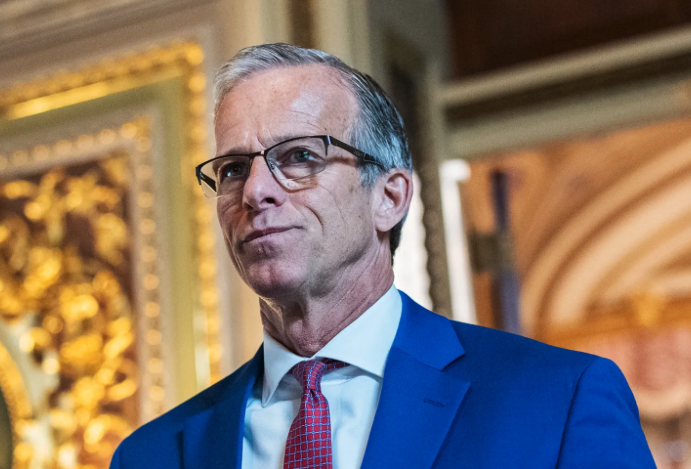A decade after the Internal Revenue Service acknowledged its misconduct in targeting conservative groups during the Tea Party era, a growing number of voices are raising alarm that the same patterns have not only persisted—but evolved.
These accusations, while still hotly contested by some, are supported by increasingly specific claims about personnel, financial flows, and apparent discrepancies in enforcement patterns. The implications are potentially significant for both political discourse and future governance.
At the center of the renewed scrutiny is a claim that the IRS continues to disproportionately enforce its powers against conservative donors and organizations. Conservative watchdogs and advocacy groups estimate that the cumulative financial toll ranges from $1 billion to $3 billion annually.
These losses are attributed to audits, delays in processing nonprofit applications, unexpected enforcement actions, and extensive document requests that often result in legal costs and administrative shutdowns. For many affected organizations, these disruptions extend well beyond financial hardship—they slow down political organizing and weaken voter outreach efforts.
Some of the concerns revolve around senior IRS officials whose past political donations and affiliations are seen as indicators of potential bias. Among those named are Holly Paz and Robert Choi, both of whom held leadership roles during the original IRS scandal and remain in influential positions. Paz, for example, reportedly donated $4,000 to Barack Obama’s presidential campaign. In her current role, she helps guide enforcement policies. Despite past controversies, neither has been removed from the agency.
Other high-ranking IRS officials have also been linked to Democratic political activity. Fumi Tamaki, now Chief of Taxpayer Experience, donated to Virginia Democrat Dan Helmer in 2017. Bridget Roberts, overseeing the new direct file pilot system, has been a registered Democrat since 2010 and has made political contributions to both President Joe Biden and Vice President Kamala Harris.
Rajiv Uppal, the IRS’s Chief Information Officer, made 48 donations to Democratic causes and candidates since 2016. Reza Rashidi, the agency’s Chief Data and Analytics Officer, has donated 59 times to Democratic committees since 2010.
Critics say this partisan imbalance in IRS leadership raises the risk of selective enforcement. While agencies like the Department of Justice or the Federal Bureau of Investigation are often in the public spotlight, the IRS operates quietly—yet its influence can be profound.
Audits and investigations, even without formal charges or penalties, can paralyze nonprofit groups, exhaust resources, and discourage donors from contributing. The IRS does not need to make headlines to have a significant political impact, which makes its neutrality a critical matter.
Remember when the IRS targeted conservative NGOs during the Tea Party era?
Guess what – Those political thug actions are still happening
The IRS is just a little sneakier these days, but it’s estimated they’re draining conservatives of $1-3 billion every year with targeted… https://t.co/Fm2YUOQER0
— DC_Draino (@DC_Draino) May 6, 2025
In contrast to these concerns, the Democratic Party’s fundraising infrastructure appears to operate with far fewer obstacles. ActBlue, the primary online platform for Democratic donations, reportedly processes billions of dollars in contributions with minimal regulatory interference. Meanwhile, conservative groups frequently report procedural roadblocks, unexplained delays, and surprise enforcement activity that slows operations and diverts funds away from campaign efforts.
Some insiders and policy analysts are warning that the agency’s internal resistance could hinder President Trump’s legislative and economic agenda. If tax policy reforms or budget initiatives face bureaucratic slowdown, it could blunt the administration’s ability to implement change before the 2026 midterms. In that scenario, Democrats could potentially regain control of Congress and either obstruct further legislative efforts or initiate efforts to remove the president from office.
Whether or not these allegations result in formal investigations or policy changes, they have added a new dimension to the debate over federal agency accountability. If left unaddressed, critics argue, this imbalance could shape the outcome of not just upcoming elections, but the effectiveness of any future administration.




